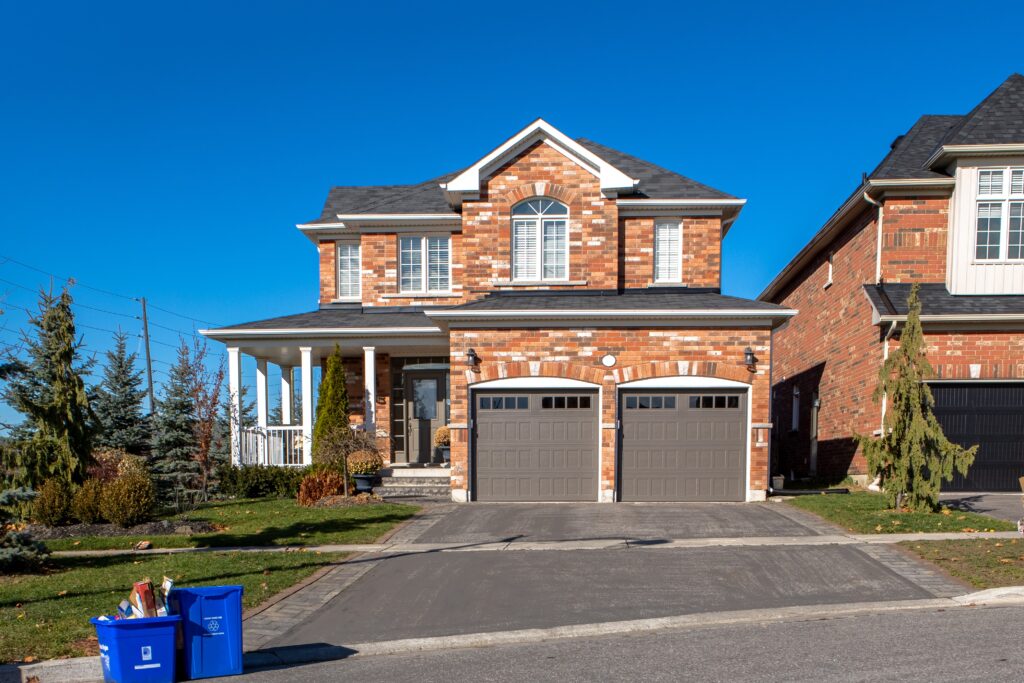Whether you’re starting from scratch or doing research to replace your current driveway, you might be deciding between different driveway materials. The most common residential driveway materials are concrete and asphalt. Concrete and asphalt both have their advantages and disadvantages based on several factors. If you’re ready to invest in a new driveway but aren’t sure which material would best suit your needs, here’s what you need to know about concrete vs asphalt:
Asphalt and concrete driveways both have their advantages
Concrete is more durable than asphalt, but it costs more to install. Although concrete has a higher price tag upfront, it is more durable in Colorado’s harsh winter and temperature swings. Asphalt is flexible, which makes it easier to work with when you need to repair cracks or other damage. Asphalt is less expensive than concrete and can be installed in a much shorter time frame.
As with any major renovation project, budgeting for the right materials will help you make an informed decision about which driveway material is right for your home’s needs and your lifestyle.
How does concrete and asphalt withstand weather?
Concrete and asphalt both have their pros and cons depending on the time of year and the seasonal changes your area experiences. If you live in an area with extreme heat or extreme temperature swings like the front range of Colorado, asphalt may perform badly. Asphalt tends to “melt” in areas with high temperatures. When asphalt experiences large temperature swings, it heats and then cools creating a cycle of softening and hardening. This can make your asphalt driveway very susceptible to cracking and potholes.
Concrete, on the other hand, is more suitable for a wider range of weather conditions. Concrete can begin to crack in extremely cold conditions but it is much more durable and resistant to damage from heavy rains we often get along the front range. Concrete’s durability means far fewer repairs year after year. Climate should be a key consideration when deciding which material to use on your new driveway.

Aesthetics
Concrete offers a wide array of visual and customizable options such as staining, stamping, or tinting to match your desired color scheme and aesthetic. Asphalt driveways typically have fewer customization options which may reduce the price but also the curb appeal of your home.
Repairs, maintenance, and overall cost
Choosing concrete for your driveway material is a great choice if you’re looking for a durable and long-lasting investment. Although concrete is a more expensive choice than asphalt, it is not without reason. Concrete driveways should last up to 40 years if maintained properly whereas asphalt lasts half that amount of time. That being said, concrete may have a higher price tag upfront but in the long-term, and asphalt may cost more to repair as the years go on and will inevitably need to be replaced 10-20 years sooner than a concrete driveway. This is because asphalt is a porous material that can be damaged over time and asphalt driveways are more susceptible to cracking and potholes.
Conclusion
Your long-term goals and budget for your driveway are going to be the deciding factors in which driveway materials you pick. Both asphalt and concrete offer their own set of advantages and disadvantages. Looking for a quote on your new driveway? Contact us today to get started.
